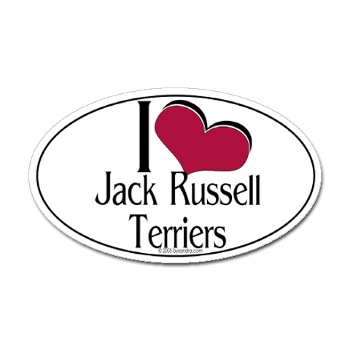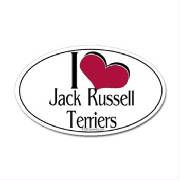The responsibility of a new pet is sometimes overwhelming. One of your new duties as a dog owner is to take care of your pet's health. Here are two pointers for you to follow in taking care of your pet.
- The Veterinarian Is our Friend
Part of your duty as a dog owner is to know when to call for the vet. Don't take a "wait and see" attitude when it comes to your pet's health. Sometimes, that approach is fine but most often professional help is needed to treat your dog's sickness. Depending on the dog's condition, there are many ways a veterinarian may help.
There are several instances when it is essential that you call your veterinarian:
a) Always call your vet when your dog has been in an accident. If your regular veterinarian is not available, look for the closest emergency vet clinic.
b) Always call your vet when you suspect your dog has eaten something that may be poisonous or something inedible.
c) Call your vet immediately when your pet is in obvious distress. Sudden weight gain or weight loss should be a warning sign for you to take your dog to the vet.
d) If your dog is coughing, vomiting or having seizure, call the vet immediately.
- An Ounce of Prevention Is Better Than A Pound Of Cure
Of course, going to the vet should be the last recourse. Preventing your dog from being hurt or getting sick is your primary responsibility.
Remember, that good food and a lot of exercise equates into a long life for your pet. A balanced diet and a regimen of exercise helps prevent sickness and strengthens your pet. Monitor what your pets eat. Clean your dog's cage regularly to get rid of any disease-causing bacteria. Check your dog's water supply. Make sure it's clean and healthy for your pet.
Keep your dog on a leash. Running in front of a car is not very good for your dog's health and heaven knows where your pet may end up if you just let it wander around.
Give your dog a regular bath. Fleas and ticks can give your dog extreme discomfort and are often carriers of disease.
Of course, keeping your dog in tip-top shape goes beyond these pointers. It's always advisable to ask a veterinarian for additional health tips and as your experience with your pet grows, you'll think up of a couple more rules that are special to your beloved hound. Just remember that when your pet's health is in question, it's always better to be safe!

































